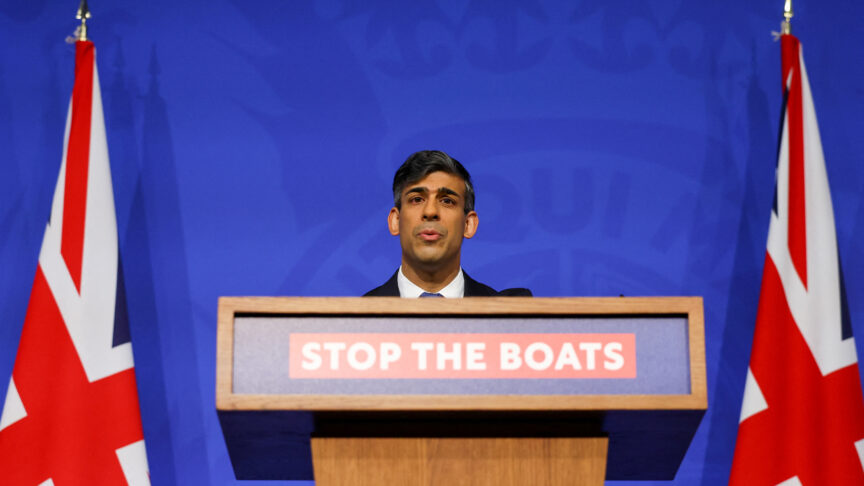A test cynically calibrated to fix the result
The EU’s bank stress tests were flawed. The methodology suffered fundamental problems and was designed to fix the results. As ECFR council member Wolfgang Münchau argues in the Financial Times, if you tried to test the safety of cars using the same method, you would end up in jail.
This piece was first published in The Financial Times. You can read the full article by clicking here.
If you tried to test the safety of cars or children’s toys using the same method the European Union applied in its stress tests on banks, you would end up in jail. How so? Simply because the testing mechanism was calibrated to fix the result. The purpose of the exercise was to ensure that the only banks that failed it were those that would have to be restructured anyway.
At the same time, the supposedly clever idea was to demonstrate to the outside world that the rest of the banking system remained sound. The purpose of this cynical exercise was to pretend that the EU was solving a problem, when in fact it was not.
It is too early to judge whether the ploy worked. But from the informed reaction on Friday night, I suspect not. Expectations were not very high. But the EU undershot the lowest of them.
There were three fundamental problems with those tests – and each one would have invalidated them. The first, and least serious of the three, is that the tests left out some important institutions, whose financial health is not entirely clear. One of those is KfW, the German state-owned institution that is legally not a bank but carries out bank-like functions – such as accumulating lots of toxic assets.
The second problem is the definition of the pass rate – a tier-one ratio of 6 per cent, which refers to various categories of capital, as a percentage of a bank’s total assets. The problem with this definition is that it does not tell us what we need to know. The reason we are interested in capital ratios is not because we are afraid that a bank may fall short of some legal requirement but that it could be insufficiently insured against an exogenous shock.
[…]
The third problem is the most severe, and knocks the credibility of the entire exercise. There was no provision for the possibility of sovereign default.
[…]
The European Council on Foreign Relations does not take collective positions. ECFR publications only represent the views of their individual authors.


